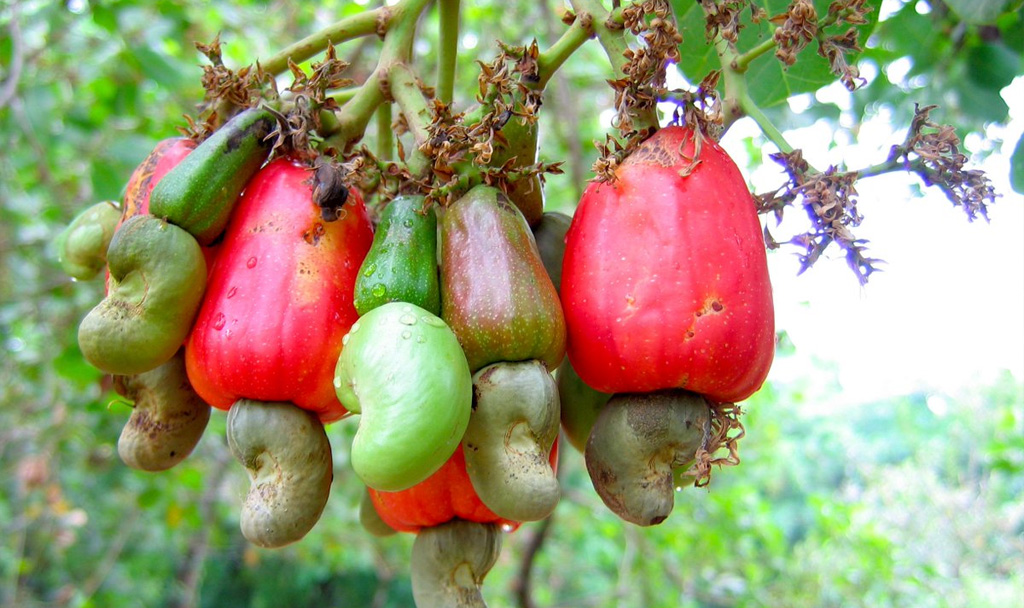Cashew nuts are a popular snack that is enjoyed worldwide. The cashew tree is native to Brazil though now cultivated in many tropical regions worldwide. Cashew nuts come from the fruit of the cashew tree, and the cashew kernel is the edible part of the nut. The cashew kernel is a valuable commodity in the global market, and the quality of cashew kernels has a significant impact on the market. With its growing demand in the market, there is considerable concern about its quality and how it creates a difference in the global market. In this blog, we will learn the art of cashew kernel grading and how quality impacts the market globally.
Understanding The Process Of Cashew Kernel Grading
Cashew kernel grading is the process of sorting cashew kernels according to their size, shape, and color. The grading process is essential because it determines the quality of the cashew kernels and their market value. Cashew kernels are graded based on the number of kernels per pound, with larger kernels being more valuable than smaller ones.
The grading process begins with the selection of raw cashew nuts. Next, the nuts are inspected for defects, such as cracks or insect damage, and then roasted to remove the outer shell. Once the outer shell is removed, the cashew kernel is graded based on size, shape, and color. The grading process is typically done by hand, as each cashew kernel must be inspected individually. The kernels are sorted into different grades based on their size, with larger kernels being graded as higher quality. The grading process also considers the cashew kernel’s shape and color. A uniform shape and a light, creamy color is considered desirable traits in cashew kernels.
The grades of cashew kernels are typically designated by a letter, with higher-quality kernels assigned a higher letter grade. The most common letter grades for cashew kernels are W180, W210, W240, W320, W450, and W500. These grades refer to the number of kernels per pound, with W180 being the most extensive and most valuable kernels and W500 being the smallest and least valuable.
Impact of Quality on The Global Market
The quality of cashew kernels has a significant impact on the market. Higher-quality cashew kernels command a higher price in the market, while lower-quality kernels are sold at a lower price. As a result, the market for cashew kernels is highly competitive, and buyers are willing to pay a premium for high-quality kernels.
One of the main factors determining the quality of cashew kernels is the size of the kernel. Larger kernels are generally considered to be of higher quality, as they are more uniform in shape and have a higher yield. Larger kernels also have a better texture and flavor, making them more desirable to consumers.
In addition to size, the shape and color of cashew kernels also impact their quality. Uniformly shaped kernels with a light, creamy color are considered to be of higher quality than kernels that are misshapen or discolored. The texture and flavor of cashew kernels are also essential factors in determining their quality.
The quality of cashew kernels can also impact the demand for cashew products. Higher-quality kernels are used in premium products, such as cashew butter, and are more likely to be purchased by consumers who are willing to pay a premium price. Lower-quality kernels, on the other hand, may be used in lower-priced products, such as snack mixes, where the quality is not as important.
The availability of high-quality kernels also impacts the market for cashew kernels. If there is a shortage of high-quality kernels, the price of those kernels may increase, making them more expensive for buyers. This can lead to a shift in demand towards lower-quality kernels, impacting the overall market for cashew kernels.
The Importance of Consistency In Grading
Consistency is an essential factor in the grading of cashew kernels. Buyers expect a consistent quality and size of kernels from suppliers, and any deviation from this standard can have a negative impact on the market. Inconsistencies in size or quality can lead to losing trust between buyers and suppliers, resulting in lower prices for the cashew kernels.
To ensure consistency, cashew kernel grading must be done with precision and accuracy. Graders must be trained to identify and sort cashew kernels according to their size, shape, and color. They must also be consistent in grading, as slight variations can impact the market.
Quality control measures must also be in place to ensure that the cashew kernels meet the required standards. This includes testing for moisture content, aflatoxin contamination, and other quality factors impacting the market. Any kernels that do not meet the required criteria must be rejected or downgraded, to maintain the consistency of the product.
The Importance of Traceability
Traceability is also an essential factor in the grading of cashew kernels. Buyers want to know where their cashew kernels come from and how they were produced. Traceability allows buyers to track the cashew kernels back to their source, ensuring they meet the required standards for quality and safety.
Traceability also allows for identifying any quality or safety issues that may arise. Suppose a batch of cashew kernels is found to be contaminated with aflatoxin, for example. In that case, traceability allows for the identification of the source of the contamination and the removal of the affected kernels from the market.
In addition to quality and safety, traceability also impacts the sustainability of the cashew industry. Buyers are increasingly concerned about the environmental and social impact of the products they purchase, and traceability allows for identifying sustainable sources of cashew kernels.
Conclusion
In conclusion, the art of cashew kernel grading is a crucial part of the cashew industry. The quality of cashew kernels significantly impacts the market, with higher-quality kernels commanding a higher price. Consistency and traceability are also essential factors in the grading of cashew kernels, as they ensure that buyers receive a product that meets their requirements for quality, safety, and sustainability.
As the global demand for cashew kernels continues to grow, the importance of cashew kernel grading will only increase. With proper grading and quality control measures, the cashew industry can continue to provide high-quality, sustainable cashew kernels to consumers worldwide.


